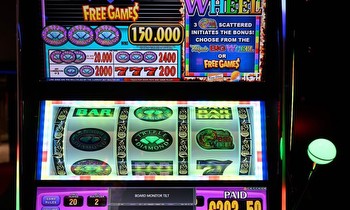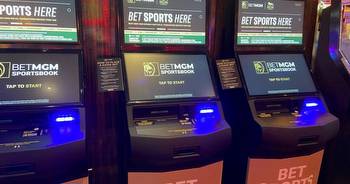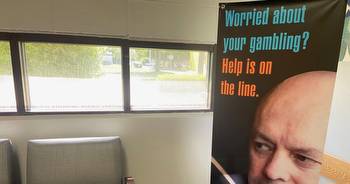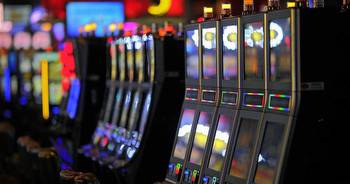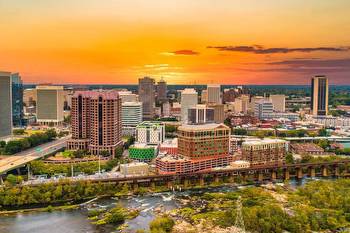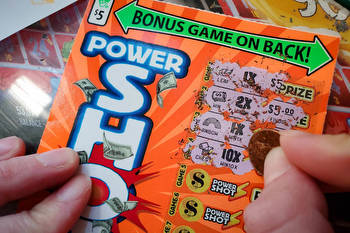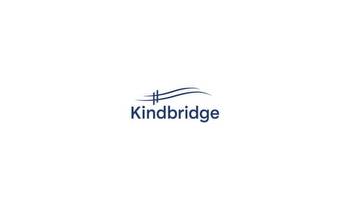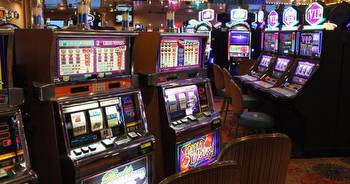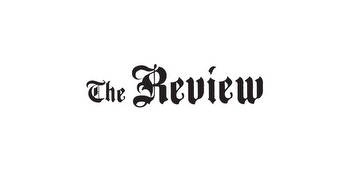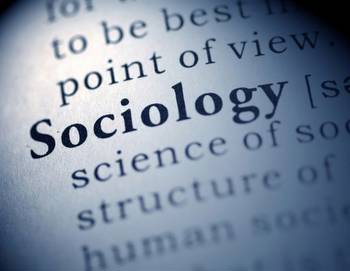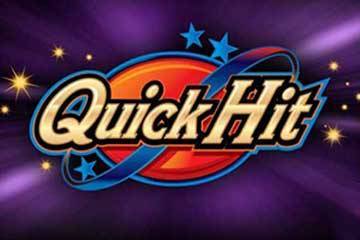Maryland Report Lists Possible Responsible Gambling Upgrades

A Maryland report suggests the state has room to improve its responsible gambling efforts.
The recent performance evaluation of the state’s Center of Excellence on Problem Gambling conducted by the Office of Program Evaluation and Government Accountability listed a handful of suggestions to improve the state’s problem gambling resources. The report was conducted at the request of the Joint Audit and Evaluation Committee and utilized some data from a 2020 statewide gambling prevalence survey.
Since the 2020 survey, legal sports betting went live in Maryland. The state has both retail and mobile sports wagering, and some legislators are hopeful online casino legalization could follow in the coming years. Gamblers in the state also have access to retail casinos and lottery games.
Given the prevalence of betting options, legislators are taking periodic looks at how the state’s responsible gambling efforts perform. The evaluation says that “Maryland’s measured lifetime gambling disorder prevalence of 8.6% in 2020 was at the high end of the expected range for lifetime prevalence [compared to other states].”
Report recommendations
The report offered six recommendations to boost the state’s responsible gambling efforts:
- The Maryland Department of Health should share prevalence studies and related research briefs and reports with the Maryland General Assembly on a more timely basis.
- Consider revising the Voluntary Exclusion Program (VEP) application process to better facilitate contact between the Maryland Center of Excellence on Problem Gambling and VEP enrollees.
- Consider diversifying the revenue sources into the Problem Gambling Fund (PGF).
- The Center should revise its website to allow help-seekers to search the no-cost provider network using additional filters or criteria.
- The Behavioral Health Administration (BHA) – Maryland Department of Health should consider providing the Center with a regularly updated list of the behavioral health providers who accept Medicaid.
- The Administrative Services Organization should regularly update BHA on treatment service claims for problem gambling to facilitate BHA oversight of capacity and spending for treatment services.
One of the observations in the evaluation was “the number of Marylanders seeking help for problem gambling is small compared to the estimated number of problem gamblers identified in prevalence studies.” With that in mind, there’s hope that educational measures can ramp up and websites dedicated to problem gambling treatment and resources become more clear and easily accessible.
An overwhelming theme from the report is a need to gather and share more information. Legislators and other key stakeholders want as much information as possible to make decisions about future responsible gambling best practices, and it can be a challenge to make decisions using 2020 data, especially with various forms of sports betting going live in the state in 2021 and 2022.
Positive takeaways
There were a few positive developments in the report, including an increase in awareness around the state’s problem gambling resources.
In 2010, 31% of those surveyed said they were aware of outpatient treatment services. That number grew to 51% in 2020. The knowledge of Gamblers Anonymous increased from 44% in 2010 to 60% in 2020.
Additionally, Maryland’s spending (approximately $0.82 per resident in FY 2021) on problem gambling research, prevention, and treatment measures stacks up well nationally. The report notes that there’s still room for spending growth in future years, however.
“Maryland dedicates more resources to problem gambling services than most other states but is still below the National Council on Problem Gambling (NCPG) recommended level of funding,” the report said.











